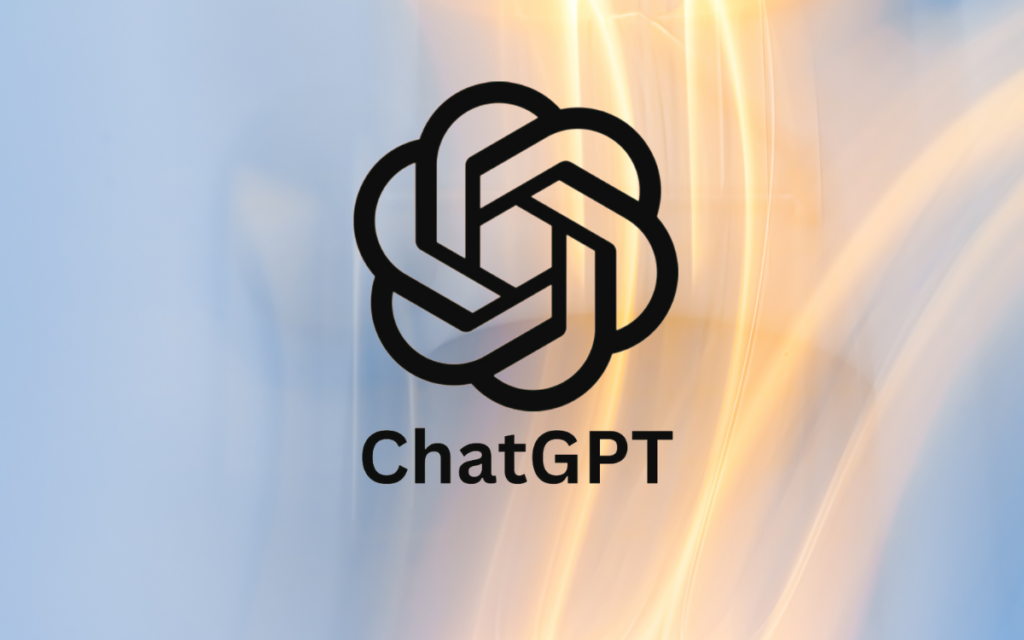Is ChatGPT Trustworthy?
Artificial intelligence has transformed the way we interact, learn, and communicate. ChatGPT, developed by OpenAI, stands at the forefront of this revolution, offering conversational abilities that mimic human interaction. However, with any AI, questions about trustworthiness and accuracy naturally arise. Can ChatGPT be relied upon for accurate information and guidance?
Unveiling ChatGPT’s Reliability
The Foundation of ChatGPT
ChatGPT, like many AI models, is built upon extensive data and complex algorithms. Trained on a diverse range of internet text, it encompasses a vast array of knowledge. However, its reliability doesn’t solely rest on its training but also continuous updates and refinements by its developers.
Understanding the Accuracy
Accuracy in an AI-driven system like ChatGPT is multifaceted. It involves factual correctness, contextual relevance, and the ability to comprehend nuances in conversation. While ChatGPT strives for accuracy, it’s essential to acknowledge its limitations.
Evaluating ChatGPT’s Accuracy
Factuality vs. Interpretation
ChatGPT excels in providing factual information gleaned from its training data. It can swiftly retrieve historical facts, scientific data, or definitions. However, when asked for subjective opinions or interpretations, its responses might vary based on the diversity of opinions found in its training data.
Handling Ambiguity and Context
One of the challenges in AI conversation lies in grasping context and ambiguity. ChatGPT might occasionally misinterpret a query due to unclear context or ambiguously phrased questions. Yet, it can often rectify this by asking for clarification or providing alternative interpretations.
Mitigating Bias
Bias is an inherent challenge in AI models. Despite efforts to mitigate bias during training, AI can reflect societal biases present in its source data. ChatGPT aims to minimize bias by constant evaluation and tweaking, but complete eradication remains a complex challenge.
Trusting ChatGPT: Best Practices
Cross-Verification of Information
To enhance reliability, cross-verification of information from multiple sources is crucial. While ChatGPT can provide a quick answer, corroborating it from reliable sources adds a layer of assurance.
Clarity in Queries
Being clear and specific in queries can significantly enhance ChatGPT’s ability to provide accurate information. Precise questions yield clearer responses, reducing the chances of misinterpretation.
Acknowledging Limitations
Understanding the scope and limitations of AI systems like ChatGPT is essential. Acknowledging that it might not have all the answers or might occasionally provide imperfect responses due to its training data helps manage expectations.
The Future of ChatGPT’s Accuracy
Continued Refinement
The journey towards greater accuracy and reliability is ongoing. OpenAI consistently updates and refines ChatGPT, integrating user feedback and new data to enhance its capabilities.
Advancements in AI Ethics
The ethical considerations surrounding AI, including bias mitigation and transparency, continue to evolve. OpenAI, among others, actively engages in ethical discussions and implements measures to address these concerns.
Collaborative Learning
The collective input from users contributes to ChatGPT’s improvement. As more people interact with and provide feedback on the AI, its accuracy and trustworthiness are expected to improve.
Conclusion
ChatGPT, like any AI system, is a remarkable tool with significant potential. Its accuracy and reliability depend on various factors, including its training data, ongoing refinement, and user interaction. While it excels in many areas, acknowledging its limitations and understanding best practices for interaction can enhance its trustworthiness. With continuous advancements and ethical considerations shaping its development, the future promises further improvements in ChatGPT’s accuracy, solidifying its position as a trustworthy conversational AI.
Editing More than 200,000 Words a Day
Send us Your Manuscript to Further Your Publication.








Is ChatGPT Trustworthy? | Rovedar | Scoop.it says:
ChatGPT vs. Human Editor | Rovedar | Scoop.it says:
Enhancing Your Assignments with ChatGPT | Roved... says: